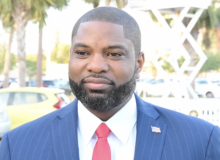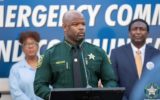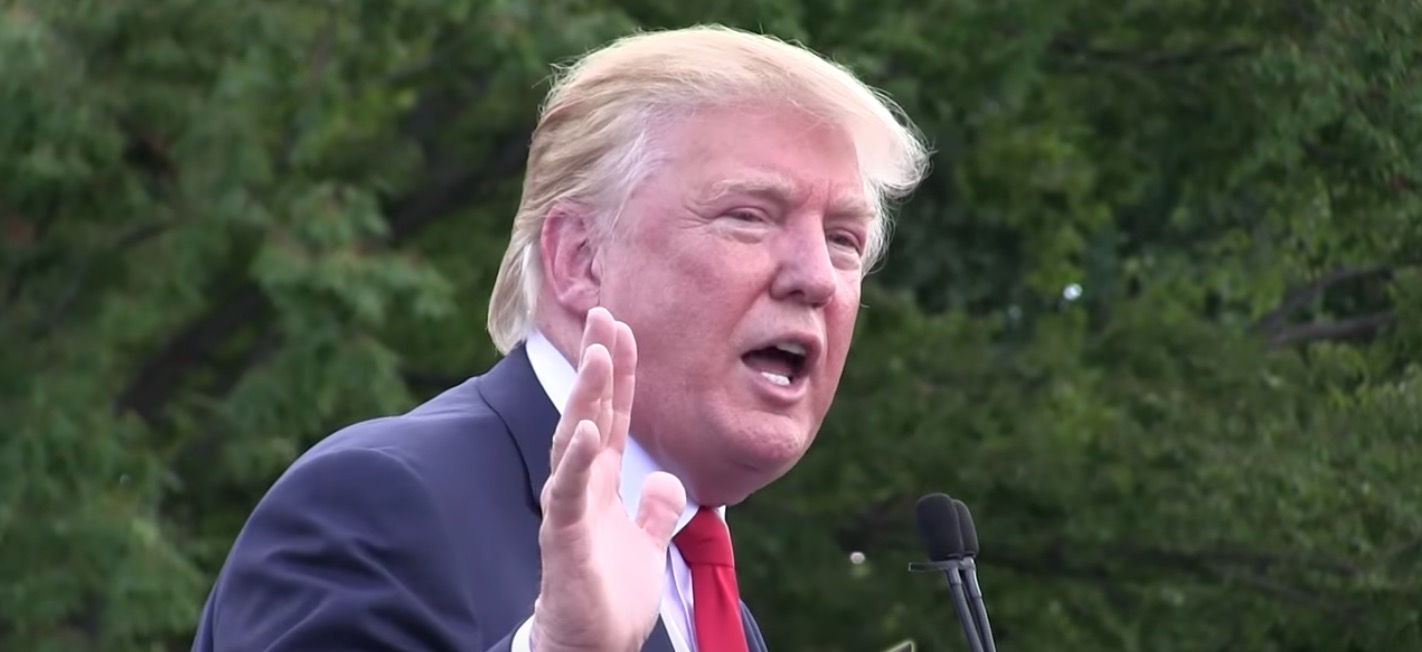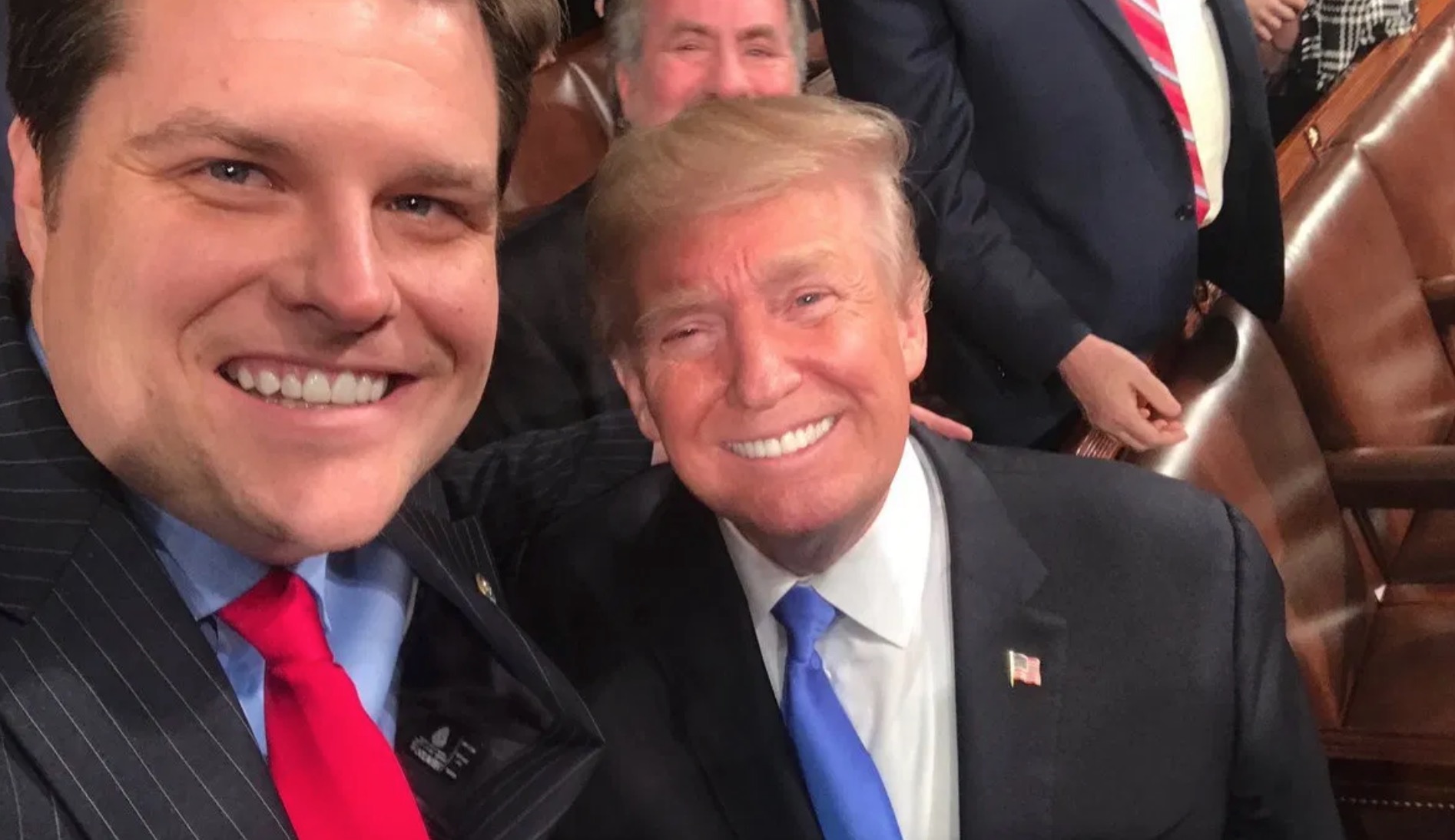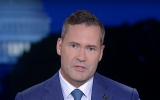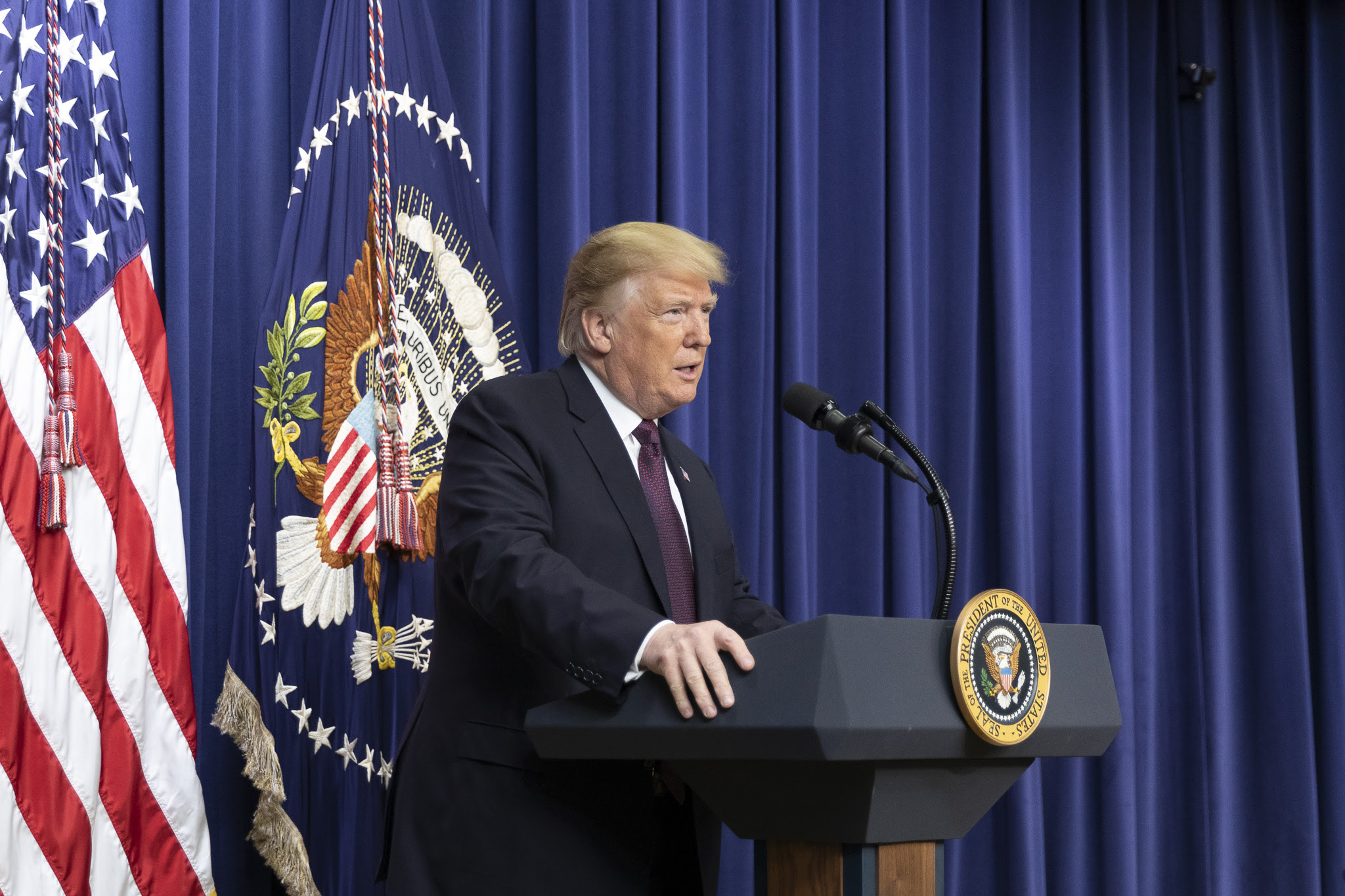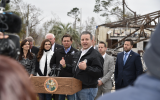As a member of the Senate Foreign Relations Committee, Senator Marco Rubio had the opportunity to ask his Senate colleague and Secretary of State nominee John Kerry several probative questions during Kerry’s Senate confirmation hearings. The central question Rubio posed to Kerry- what advice are you going to give President Obama in terms of what the U.S.’s role should be and how that should be reflected in our foreign policy?
Kerry’s answers to this and other questions were oftentimes non-specific and somewhat evasive, as Kerry opted to provide lots of historical context and his own commentary without revealing the details that would more directly answer the questions posed by Rubio. As any political watcher knows, Kerry loves to hear himself talk- many remember Kerry’s ‘non-answers’ to questions asked of him during the 2004 Presidential debates.
Do you think the 2nd Amendment will be destroyed by the Biden Administration?(2)
As we’ve witnessed for the past four years, the Obama administration has a very different view of the world that has driven its foreign policy, as Obama has distanced the United States from Israel and has dislodged regimes throughout the Middle East that have not only destabilized the region, but also have emboldened all the wrong actors such as the Muslim Brotherhood and augmented their position. Of course, Kerry was there to defend the Obama administration’s so-called “vision” and distinguish it from that of the foreign policy pursued by former President George W. Bush.
Here are some of the highlights of Rubio’s questioning of Kerry-The question-“What I hope you would help me with, because in your testimony you alluded to President Obama’s vision for the world. And in the two years I’ve been here, I’ve struggled to fully understand what that vision is.
“We’ve repeated that in Syria. Where again, we can debate whether it was in our national interest or not to get involved, as Iran’s best friend, as the grand central station for terrorist all over the world.
I think the Bush administration was wrong to remove North Korea from the list of State Sponsors of Terrorism, and I hope we will reverse that.
We talk about, you know I congratulate the President for talking about pivoting to Asia, but if this sequester goes through, then what are we going to pivot with?
My question to you is, as you sit with the President and as part of his cabinet help him form a vision for the world, and for the U.S.’s role in the world over the next few years, what advice are you going to give him in terms of what the U.S.’s role should be and how that should be reflected in our foreign policy?”
Rubio also laid out a pretty comprehensive critique of the Obama administration’s foreign policy –
“And so, the central issue of foreign policy today is this balance between making sure we’re not trying to do more than we can, and ensuring that we’re not doing less than we should. And where that really comes to play, for example, is the debate on foreign aid. Where on the one hand, I think there has been this perception created in this country that foreign aid is 20 percent of our budget when in fact it’s a very small percentage. On the other hand, our foreign aid has to make sense. You touched upon it a moment ago, about foreign aid going to countries that are corruptly using it, and so we ought to make sure that foreign aid is furthering our national interest.
“What I hope you would help me with, because in your testimony you alluded to President Obama’s vision for the world. And in the two years I’ve been here, I’ve struggled to fully understand what that vision is. If you go through the different countries, Russia’s been mentioned. You know the situation there has deteriorated as Russia, and its leadership, have made the decision that they want to recapture some of the Cold War stature that they had. And the best way to do that is to be confrontational with us.
“We had a hearing yesterday on Libya, what we did not get a chance to talk about is how U.S. policy toward Libya and the Gaddafi conflict created many of the conditions that led to the attack on the consulate. A weak government, the forming of these militias, is all the product of an extended protracted conflict where the U.S., once it made its decision to be involved, and we can debate whether we should have gotten involved or not. But once they made their decision got involved in its early stages, and then turned the rest of it over to our allies, who simply didn’t have the capability to bring that conflict it to a quick conclusion. And as a result, created the weak government and the situation that we face there.“We’ve repeated that in Syria. Where again, we can debate whether it was in our national interest or not to get involved, as Iran’s best friend, as the grand central station for terrorist all over the world. I think that is in our national interest to help an opposition form and organize itself. We have been so disorganized in our involvement in Syria, that now we are at the point where the opposition in Syria when the win, and they will win, are just as angry at us as they once were at Russia and China and Iran and the other nations that stood with Assad.
“We go to Latin America, where on the on one hand, in 2009 the administration condemned what happened in Honduras, which is debatable whether that was a coup or not. On the other hand, they stole an election in Nicaragua. I had to hold a nomination here just to get a strongly worded statement out of the administration.
“We move over to the Middle East, where Israel quite frankly has been concerned. Whether they admit it publicly or not, that for many, for the early years administration, they were more focused on the Palestinian question as the biggest issue in the Middle East. When in fact, the biggest issue in the Middle East is that Iran wants a nuclear weapon so they can attack Israel, and potentially other nations. We’ve talked about Iran. In 2009, the people of Iran took to the streets, in defense of the principals that we say we stand for, and the President of the United States says ‘We are not going to interfere in their sovereignty’. That totally demoralized the opposition.
“North Korea today announced that they are developing a weapon that can reach the United States of America. And less anybody accuse me of being overly partisan here, I think the Bush administration was wrong to remove North Korea from the list of State Sponsors of Terrorism, and I hope we will reverse that.
“And finally, China and the territorial conflicts that that are going on in Southeast Asia and throughout the region. China is being increasingly aggressive about their territorial claims, and their neighbors are looking to the United States and U.S. leadership as a counter balance. We talk about, you know I congratulate the President for talking about pivoting to Asia, but if this sequester goes through, then what are we going to pivot with?“And so, these are the fundamental issues we face. My question to you is, as you sit with the President and as part of his cabinet help him form a vision for the world, and for the U.S.’s role in the world over the next few years, what advice are you going to give him in terms of what the U.S.’s role should be and how that should be reflected in our foreign policy?”
[vsw id=”FFmahaUaVQQ” source=”youtube” width=”550″ height=”364″ autoplay=”no”]
Please share the post below.





